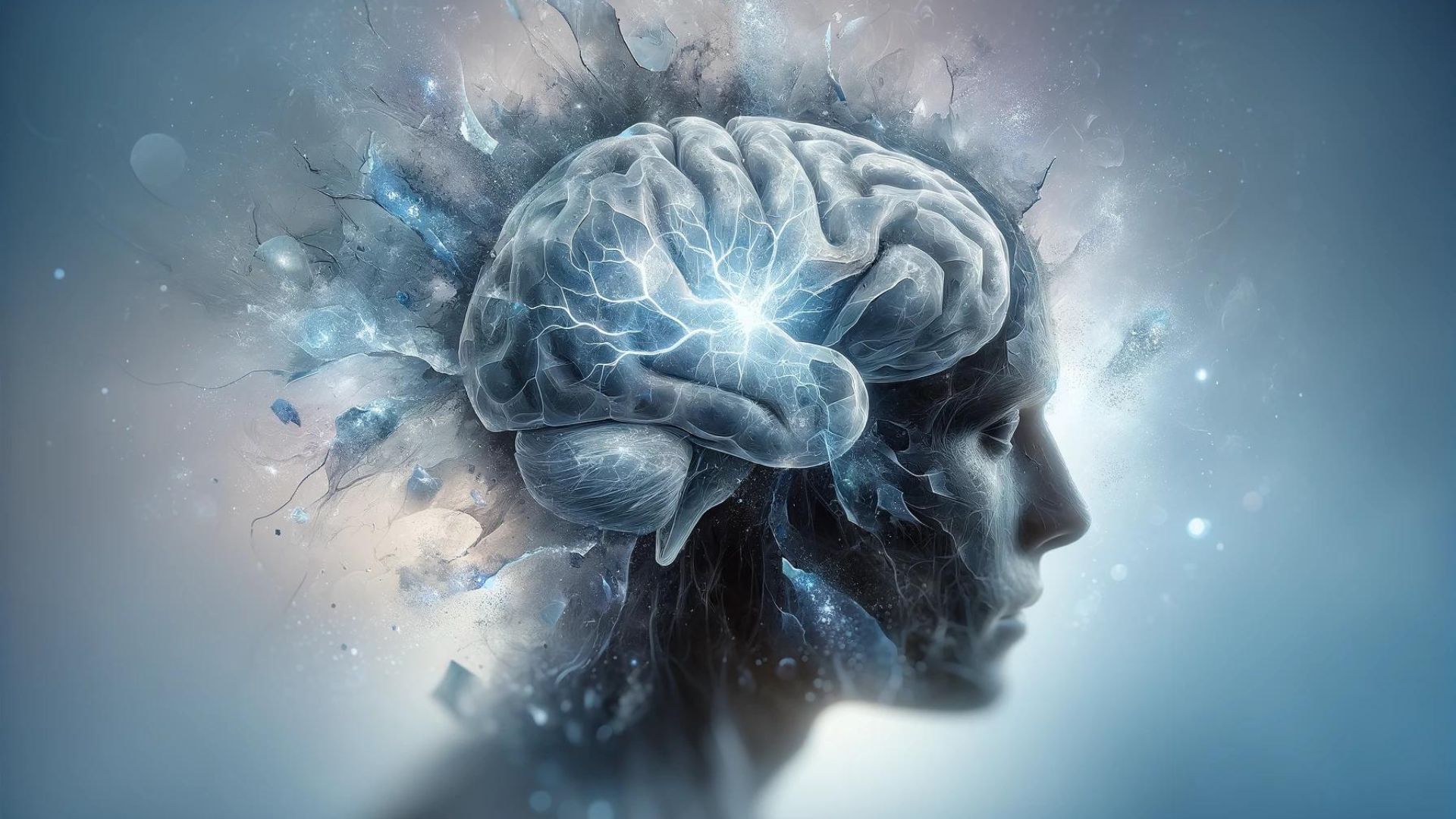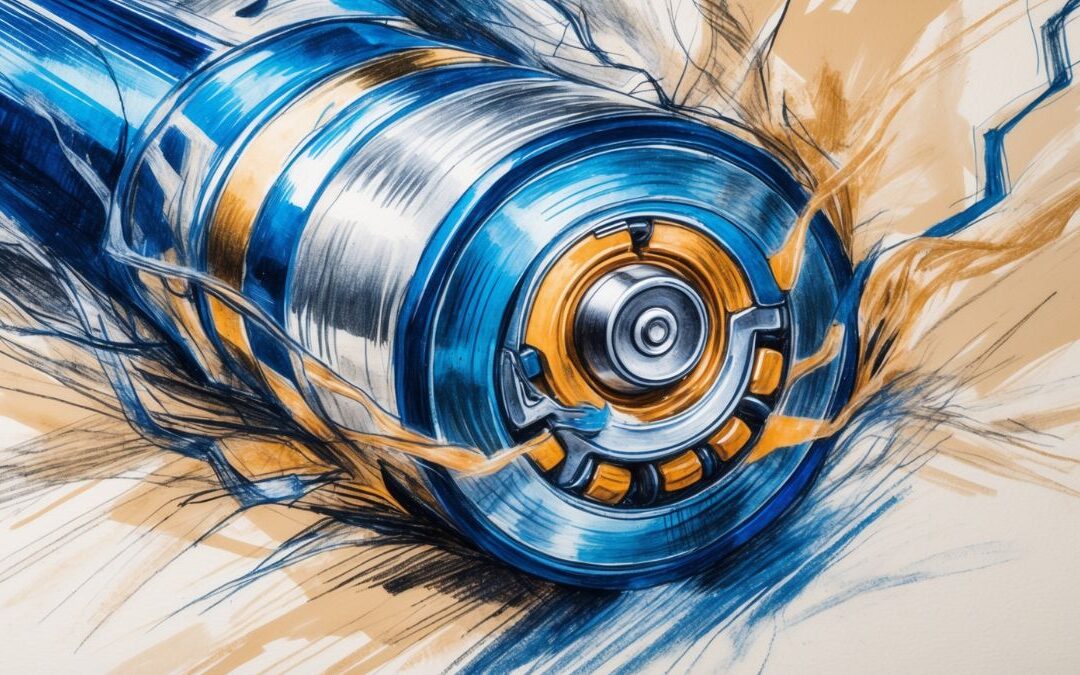Rejection: It’s Not Just in Your Head – It’s in Your Brain
Rejection stings. Whether it’s a romantic breakup, not getting that job offer, or being excluded from a social group, the experience can be deeply distressing. But have you ever wondered why rejection feels so painful? Research suggests that your brain processes social rejection in a way that’s remarkably similar to physical pain.
The Brain’s Shared Pain Network
Scientists have found that the same regions of the brain involved in processing physical pain are also activated when we experience social rejection. The anterior cingulate cortex (ACC), a part of the brain associated with emotional and physical pain, lights up in response to social exclusion. This means that the sting of rejection isn’t just a metaphor – your brain experiences it as a genuine threat to your well-being.
Why Rejection Hurts So Much
From an evolutionary perspective, our need for social connection is deeply rooted. In our ancestral past, belonging to a group was crucial for survival and protection. As a result, our brains evolved to be highly sensitive to cues of rejection, as being ostracized could have dire consequences.
When we experience rejection, our brains release stress hormones like cortisol, which can trigger feelings of anxiety, sadness, and even anger. This stress response can also lead to physical symptoms like headaches, digestive problems, and difficulty sleeping.
The Consequences of Chronic Rejection
While occasional rejection is a normal part of life, chronic or repeated rejection can have serious consequences for our mental and physical health. It can increase the risk of developing depression, anxiety disorders, and even substance abuse problems. Additionally, the stress associated with rejection can weaken the immune system, making us more susceptible to illness.
Coping with Rejection
While the pain of rejection is real, there are things you can do to cope and heal:
- Acknowledge Your Feelings: Don’t try to bottle up your emotions. Allow yourself to feel the pain and sadness, and talk about it with someone you trust.
- Challenge Negative Thoughts: Rejection can trigger negative thoughts about ourselves, such as “I’m not good enough” or “I’ll never be loved.” Challenge these thoughts with evidence to the contrary and remind yourself of your strengths and worth.
- Focus on Self-Care: Take care of your physical and emotional needs. Eat healthy, exercise, get enough sleep, and engage in activities that bring you joy.
- Strengthen Social Connections: Reach out to supportive friends and family. Spend time with people who make you feel valued and appreciated.
- Seek Professional Help: If you’re struggling to cope with rejection, consider talking to a therapist or counselor. They can provide support and guidance to help you heal and move forward.
Remember, rejection is a painful experience, but it doesn’t define you. By understanding how your brain processes rejection and taking steps to care for yourself, you can overcome its negative effects and build resilience.











0 Comments